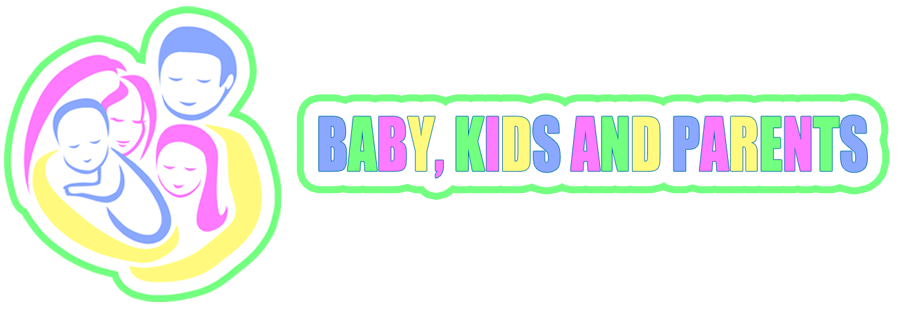
Why is breast milk the best food for the baby?
Breast milk contains everything that your baby needs in the first six months of life - nutrients, minerals, vitamins, water, and antibody - literally everything!
Breast milk improves the child's immune system, reduces the chance for the occurrence of diseases later in life - allergies, asthma, various types of infections, diabetes ... Children who are breastfeed have a lower risk of developing obesity, as well as less need for dentures because they are better developed jaw and better growth of the teeth later.
Longer breastfeeding, leads to greater chance that the baby will have more benefits from breast milk. If you are breast-feeding for more than four months reduces the chance that the baby will have ear infections. Babies who are breastfed more than six months have a reduced risk of developing allergies.
Are all the necessary nutrients for the baby found in breast milk?
Yes, in breast milk is all you need for the development of a child up to six months - breast milk has an ideal ratio of protein, carbohydrates, fats, vitamins and minerals, and there is no need to add any other ingredients, not even water, because it there is enough in breast milk.
Breastfeeding benefits for the mother
Breastfeeding is not only beneficial to your baby. Immediately after the birth breastfeeding helps restore the uterus to its original size, and postpartum hemorrhage is less. Women who breastfeed return rapidly to their weight, and some results show that have a lower risk of later developing breast cancer and ovarian cancer.
Moreover, with breastfeeding is much easier to feed the baby - no bottles, sterilizers, brushes for washing bottles and tub for warming milk. At night it is much easier to breast-feed the baby, rather than to prepare baby food. Breastfeeding is free, and the complementary food for baby are quite expensive.
Does breastfeeding hurt?
When properly breastfeeding, should be painless. It is possible that breasts are more sensitive during the first few days when milk still coming and the baby does not take enough milk. If the pain continues, it is likely that the baby does not accepts the nipple properly.
What is colostrum?
Colostrum is a pale yellowish discharge from the breast that occurs in the first days after birth. It is an ideal food for your baby in the first days and differs from the milk because it is very thick and sticky. It is a kind of concentrated milk, it is easy to digest and does not produce convulsions for the baby. It consists of water, protein and minerals in the scale necessary to feed the baby. The most important ingredient of colostrum are antibodies that will protect the baby from infection. Colostrum is a kind of laxative, and helps to clean the baby's intestines of meconium, baby's first stools.
After two to four days after birth, starts the producing of the "real milk". While you are getting only colostrum, the breast are not particularly large or tense, and when you feel suddenly "swelling" of the breast, it is a sign that stops the secretion of colostrum and starts the secretion of real milk.
Breastfeeding benefits for baby's health?
Breastfeeding especially protects the baby from diarrhea, inflammation and infection of the respiratory organs, middle ear infection, and diabetes. Breastfed babies suffer less from asthma, allergies, eczema, and urinary tract infection, have fewer dental problems, better vision.

